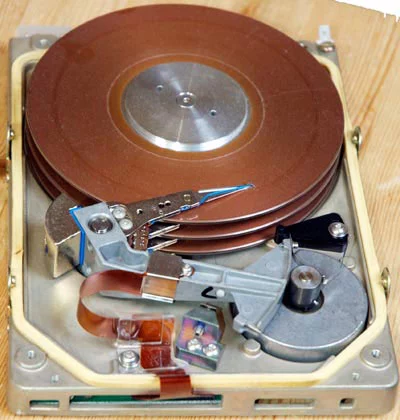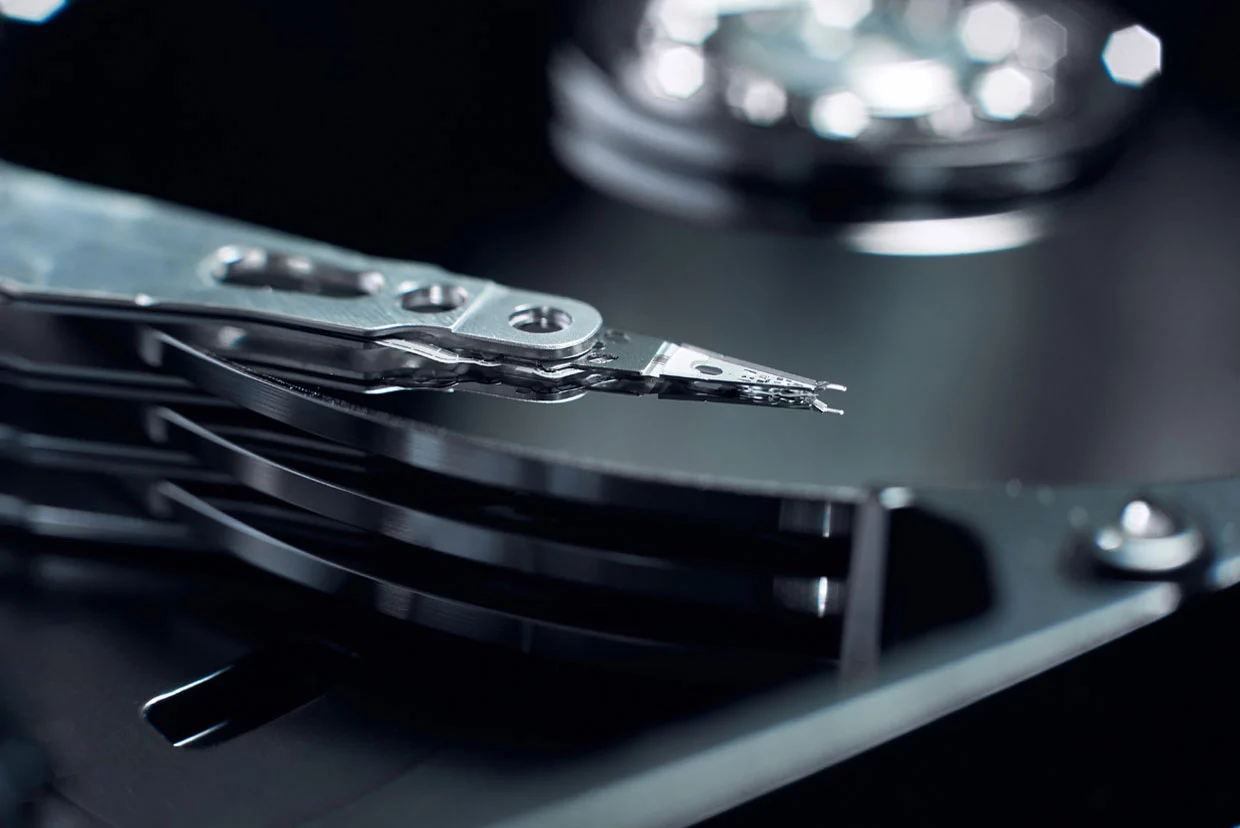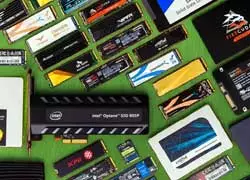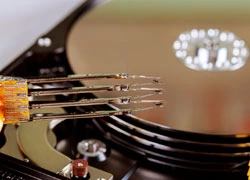What is the best HD?
We are often asked - What is the best HDD?
Of course, we understand that you are not questioning which HDD is the fastest, which has the best cost-benefit ratio, or which has the best technology, but which HDD causes the fewest problems.
Basically, they want to know which HDD won't let them down and will keep their data safe.
What is the best HDD?
We have been in this area for a long time and have witnessed the evolution of hard disk in capacity, performance, physical size and technology. And we deal with them daily. Therefore, we feel able to respond.
In the early 90s, HDDs had much smaller capacities than today, often in the megabyte (MB) range. 5, 10, and 20MB were the most common. In fact, it was also common for computers not to have an HDD, just a floppy disk.
And they were much larger than the current ones in terms of physical size, with the 5 ¼" format and then the 3 ½" format.
Initially, they had a low rotation speed of 3,600 RPM, which resulted in slower access times. With advancements in technology, the rotational speed has increased from 5,400 RPM (revolutions per minute) to 7,200 RPM, and in some cases, 10,000 RPM and even 15,000 RPM.
They had MFM coding technology that, with ISA bus controllers, connected via a control cable and a data cable to the HDD. Then IDE and SATA HDDs appeared.

HDD Seagate ST251 MFM
Over time, technology has changed to include more reliable drives, with improvements in failure prevention, increased durability, and better error management. One of the most significant changes was the introduction of SSDs, which are an alternative to traditional hard drives.
With all this evolution in storage media, we return to the initial question and, taking into account the three HDD manufacturers present on the market today – Seagate, Western Digital, and Toshiba – we always answer that it is Backup that will save in a critical situation, no matter the manufacturer of the HDD it will be on.







